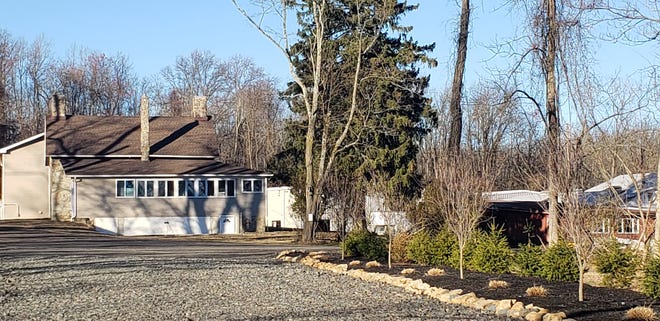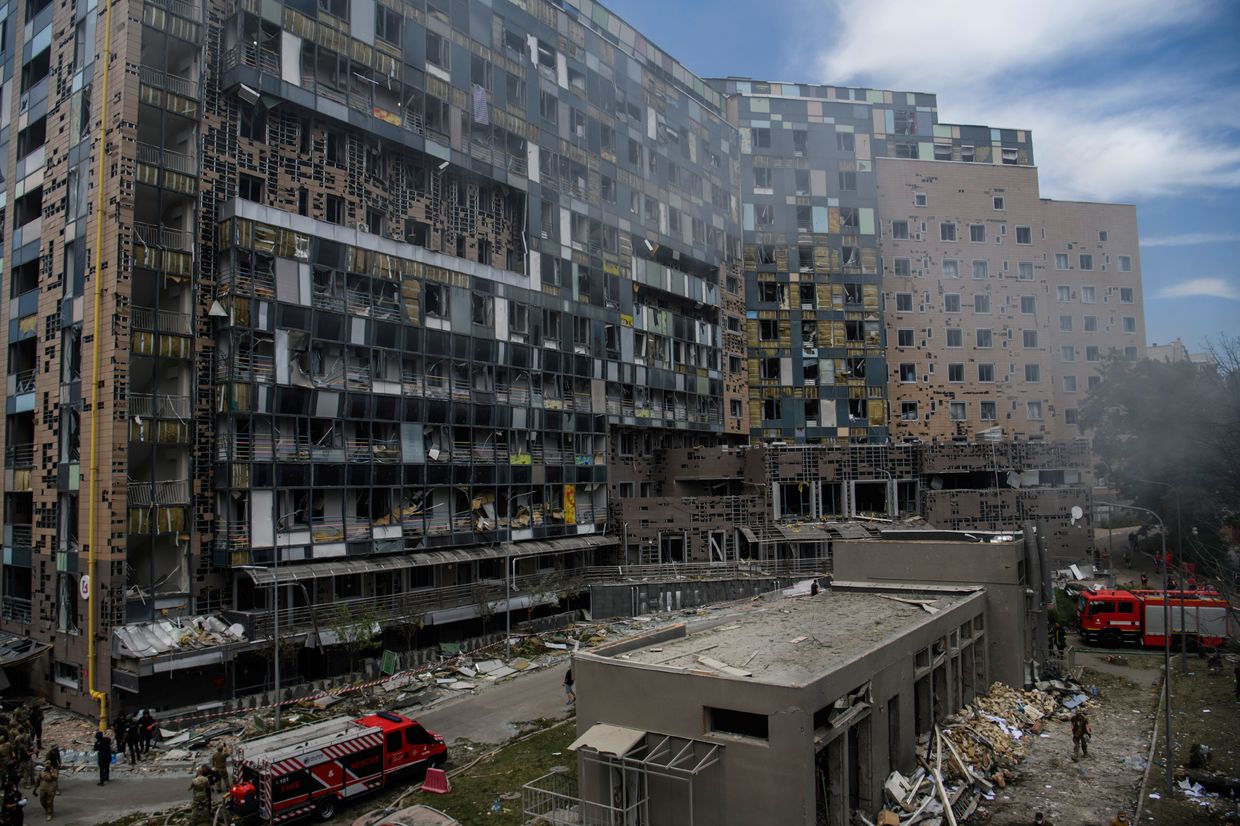LEBANON TOWNSHIP – A would-be operator of a medical marijuana facility has filed a lawsuit against the township’s township planning committee and planning board, alleging the board’s decision that the facility require a variance was “arbitrary, capricious and unreasonable.”
The board’s decision meant NAR Group, owner of the Anthony Road property, would have to apply to the township’s Zoning Board of Adjustment for use variances, a more rigorous and rigorous process than getting site plan approval from the Planning Board.
The Planning Board’s decision on Sept. 20 that NAR would require a use case was met with applause from residents who opposed the proposal, which has sparked controversy in the township for months.
The 35-page lawsuit, with more than 280 pages of documents, was filed Nov. 17 in Hunterdon County Superior Court by Wilentz, Goldman and Spitzer, one of New Jersey’s largest law firms. The lawsuit says planning board members “ignored the advice of their attorney” to make an “unreasonable and unsupportable” decision that medical marijuana is not a crop.
The lawsuit alleges that the property’s resource conservation zone permits agriculture as a permitted use and that the NAR application “fully conforms” to the township’s zoning without any variances.
In October 2021, NAR received a permit from the state’s Hemp Regulatory Commission to operate a grow operation, and a month later, the Township Committee passed an ordinance confirming that the crops are permitted in the Resource Conservation District. The lawsuit says the state has determined that medical marijuana meets the definition of an agricultural crop.
This led to the NAR preparing plans for the facility, although discussion of the facility continued monthly at town committee meetings as opposition grew and social media campaign began.
Rachna Manglani, NAR’s CEO, received anonymous threats over the phone, the lawsuit said.
In addition, another NAR representative, Nitin Manglani, was told at a public meeting that he did not belong in Lebanon Township and “should move to Linden, where his family belongs,” according to the lawsuit.
Other NAR employees were threatened that their wells would be contaminated “as has been done with other projects in the city,” the lawsuit alleges.
Despitethis opposition, in April NAR submitted an application for site plan approval for an indoor growing facility. At its July 19 meeting, the Planning Board ruled that NAR’s application was complete, and John Galina, the board’s attorney, said NAR’s application was for a permitted agricultural use with no variances, the lawsuit states.
Under state law, the Planning Board had 95 days, with an Oct. 22 deadline, to act on the application unless NAR agreed to an extension.
The first public hearing was scheduled for August 16, but NAR requested a delay until August 30. But at the Aug. 16 meeting, the board heard nearly two hours of public comment without NAR representatives present.
The Aug. 30 hearing was adjourned again, but the board heard comments about the plan again at the meeting.
Previously:‘I’m coming back to Texas’: The fight over marijuana in Hunterdon County
Previously:‘It’s going to poison a lot of our kids’: Marijuana battle heats up in Hunterdon County
The application was supposed to be heard on September 20, but before that, Gary J. Cucchiara, attorney for Richard Webb, who declined, sent a letter to the board telling the Planning Board it should decline to review the application and asking the Board of Adjustment to determine if it was a permitted use, arguing that it was a “farm” as defined in the township zoning ordinance.
At the Sept. 20 meeting, instead of hearing testimony on the application, council members discussed Cucchiari’s letter.

One board member, Abe Obuchowski, said the marijuana operation, with its air filters, water treatment equipment and 24-foot fence, does not meet the “general definition of a farm.”
City Committee member Beverly Keller, who also sits on the planning board, said medical marijuana is not a crop. “I don’t care if the State Agriculture Commission calls it a crop,” because once processed, it becomes a “controlled substance,” she said, according to a transcript of the meeting included in the lawsuit.
The Planning Board then passed a resolution waiving jurisdiction over the application and requiring the application to be reviewed by the Zoning Board.
NAR sent a letter to the Planning Board on Nov. 3 saying its application should be approved by default because the board did not act on the application by the 95-day deadline.
State approval of the NAR facility is contingent upon receipt of all permits by April 15, 2023.
“Each day of delay causes irreparable harm to NAR and its business,” the lawsuit says, adding that “NAR risks losing its business and the competitive advantage it sought to achieve.”
According to a 2011 Environmental Protection Agency report, the 40-acre site that formerly housed Diamond Aerosol’s manufacturing facility operated more than a decade ago as a research facility for aerosol can interior coatings.
Before that, it was used by Diamond East Corporation to manufacture cosmetics and personal protective equipment containing tear gas, pepper spray and other specialty chemical products for about three decades.
In a 2011 EPA report, the site contained an old stone barn that housed the original cosmetics business, a large stone house used as a residence, two warehouses, and various outbuildings used for storage, offices, and vehicles.
Email: mdeak@mycentraljersey.com
Mike Dyck is a reporter for mycentraljersey.com. For unlimited access to his articles on Somerset and Hunterdon Counties, please subscribe or activate your digital account.










